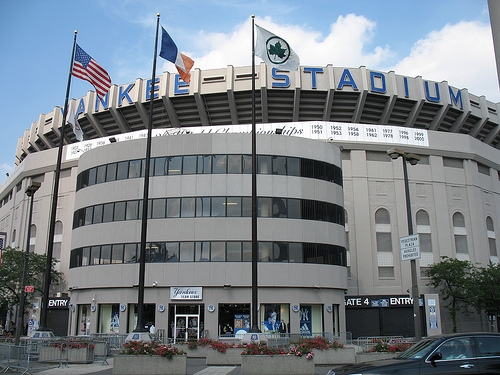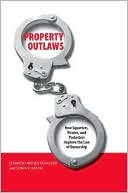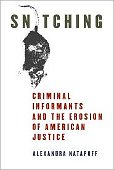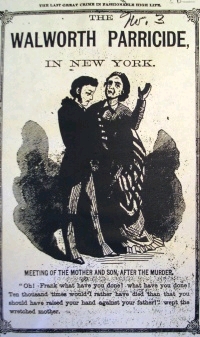 The New York Law Journal featured an article today entitled “What Legal Challenges Ahead For New Yankee Stadium?” written by Angela M. Mazzarelli, Robert J. Patchen, and Jeffrey D. Ratner. Despite its title, the article is not a prospective look at the future of the new Yankee Stadium; instead it summarizes ten historic lawsuits involving the former Yankee Stadium.
The New York Law Journal featured an article today entitled “What Legal Challenges Ahead For New Yankee Stadium?” written by Angela M. Mazzarelli, Robert J. Patchen, and Jeffrey D. Ratner. Despite its title, the article is not a prospective look at the future of the new Yankee Stadium; instead it summarizes ten historic lawsuits involving the former Yankee Stadium.
Number 8 on the list is my favorite because of the opinion’s snarky concluding paragraph. In 1927 Harry Schafer purchased tickets for two ringside seats at the Sharkey–Dempsey prizefight at Yankee Stadium for $27.50 each—quite a lot of money then (click here for the results of the bout). Harry and his wife took the train from their home in Oklahoma City to NYC just to attend the fight, only to allegedly find the gates of Yankee Stadium locked. Upset and disappointed, Schafer sued to recover the cost of the trip, but the judge did not believe his story. The judge found that the defendant had, in fact, kept the gates open. But the judge offered Schafer these final words of consolation:
This was the first visit to New York for both plaintiff and his wife. They were there for three days after their tragic experience. They did some shopping in its magnificent stores, and attended the performances at several theaters. Plaintiff should find some consolation in the pride which must be his, that it can no longer be said that he and his wife did not visit the greatest metropolis in the world, and its splendid and stupendous places of amusement.
The case is Shafer v. Rickard, 132 Misc 489 (Mun. Ct. of N.Y., Bor. of Man., 4th Dist. 1928).
If you want to access this or other New York Law Journal articles and you are a Cornell Law student, you have several options available to you. Selected articles (including this one) are available in Westlaw, database code NYLJ. You can ask for a copy of the print publication at the circulation desk in the Reading Room. We keep the most recent issues stored there until we receive it on microfiche. Law students can also access the Journal’s Web site. Some of the articles are free; for articles that are not freely available, email a Research Attorney or ask at the reference desk for a password.
Yankee Stadium Photo by: http://www.flickr.com/photos/kjetilhr/ / CC BY-SA 2.0









